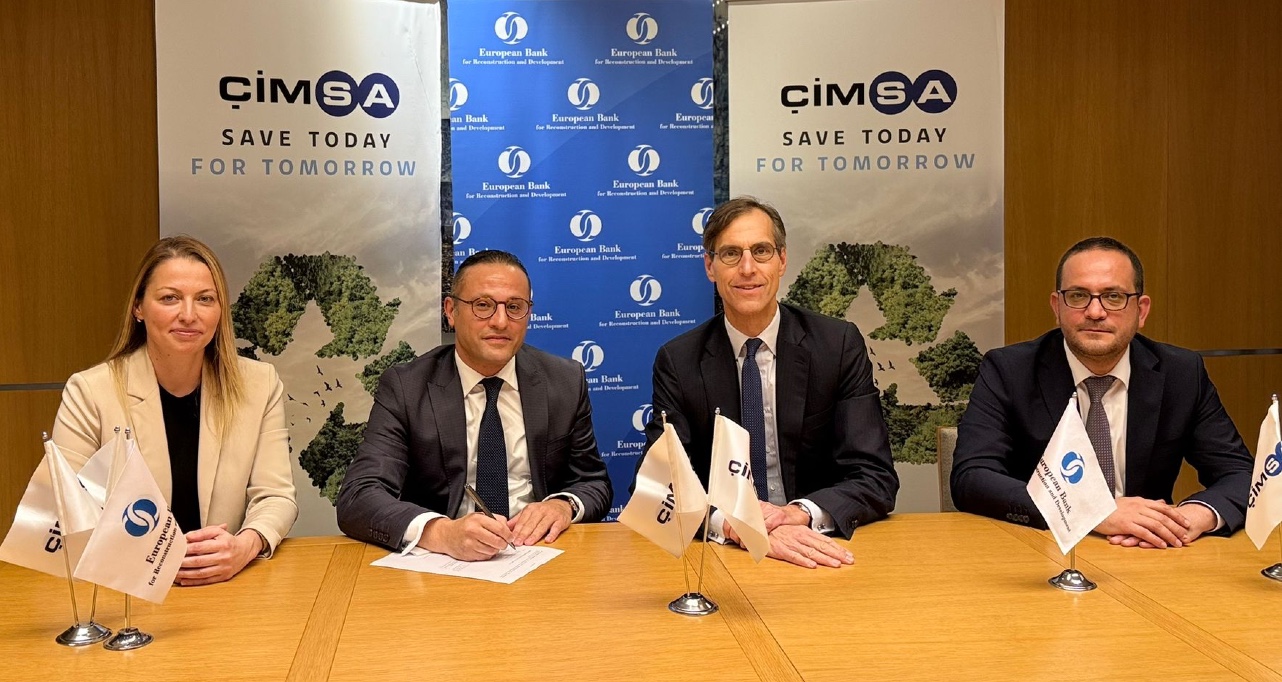Who we are
Overview: about the EBRDWho we are
Overview: about the EBRD
Our story
Learn about the EBRD's journey to investing more than €220 billion in over 7,800 projects.
- Our background and history
- Our organisation
- Our values
- Strategies, governance and compliance
- Project accountability
What we do
Overview: how the EBRD operatesWhat we do
Overview: how the EBRD operates
How we deliver systemic impact
Across three continents, the EBRD supports the transition to successful market economies.
- Where we work
- Products and services
- Sectors we work in
- Our projects
- Focus areas and initiatives
- Economic research
Work with us
Overview: how you can work with the EBRDWork with us
Overview: how you can work with the EBRD
What we offer for businesses
We draw on three decades of regional knowledge and financial expertise to tailor our products and approaches to each client's needs.
- Businesses
- Investors
- Donors
- Researchers
- Civil Society
- Alumni
- Nominee Directors
- Trade finance
- Careers
- EBRD loan to Çimsa will finance investment in decarbonisation
- Çimsa is a leading player in the production and sale of cement
- Project also seeks to enhance inclusivity in the sector
The European Bank for Reconstruction and Development (EBRD) is lending €50 million to Çimsa to finance investment under the company’s decarbonisation programme.
The proceeds will contribute to the company’s investment in a greenfield calcium aluminate cement (CAC) kiln, as well as decarbonisation measures for other existing grey and white cement kilns at Çimsa’s plant in Mersin.
Çimsa is currently the third largest producer of CAC globally and is committed to expanding its footprint in sustainable building materials. The production of CAC has a significantly lower carbon footprint than traditional grey cement products, making it a promising alternative product in the emission-intensive cement industry.
In 2024, the EBRD successfully provided a €25 million loan to finance investment in the decarbonisation of Çimsa’s plant in Eskişehir – the first time the EBRD had invested in the Turkish cement sector.
Çimsa, a leading player in the production and sale of cement, clinker, ready-mix concrete and other construction materials, has a long-term strategy that combines global growth and green transition. The company has developed a comprehensive decarbonisation roadmap aligned with Science Based Targets initiative (SBTi) principles, and the CAC kiln investment forms part of this broader transition strategy.
The EBRD has worked with the Turkish Ministry of Industry and Technology to develop low-carbon pathways (LCPs) for hard-to-abate sectors such as steel, cement, aluminium and fertiliser. Those LCPs, which provide decarbonisation roadmaps and policy guidance to clients and other industry stakeholders, have paved the way for the Türkiye Industrial Decarbonisation Investment Platform (TIDIP), the world’s largest industrial decarbonisation programme to date, spearheaded by the Bank.
Erdem Yasar, the EBRD’s Deputy Head of Türkiye, said: “I am delighted to witness the growth of our partnership with Çimsa, a leading player in its sector. Through its exemplary efforts, Çimsa is contributing not only to its own competitiveness, but also to the advancement of the industry and the sustainability of our planet.”
Umut Zenar, Çimsa’s CEO, said: “Our commitment extends beyond the products we deliver to how we produce them, ensuring that responsibility and long-term sustainability guide every step of our operations. We place sustainability and efficiency at the heart of every investment we make. Guided by our science-based targets, we are steadily reducing emissions, scaling up renewable energy and increasing alternative fuel use across our operations. Our partnership with the EBRD reinforces this ambition, helping us accelerate our decarbonisation efforts and strengthen the competitiveness of our industry as it transitions to a low-carbon future.”
This project also seeks to enhance inclusivity in the sector, with Çimsa committed to introducing a new internship programme that provides market-relevant skills and hands-on experience to local students and recent graduates in key disciplines directly aligned with the company’s workforce needs and strategic focus areas.
The EBRD is one of Türkiye’s key investors, with more than €22 billion committed through 502 projects and trade finance limits since 2009, largely in the private sector.

